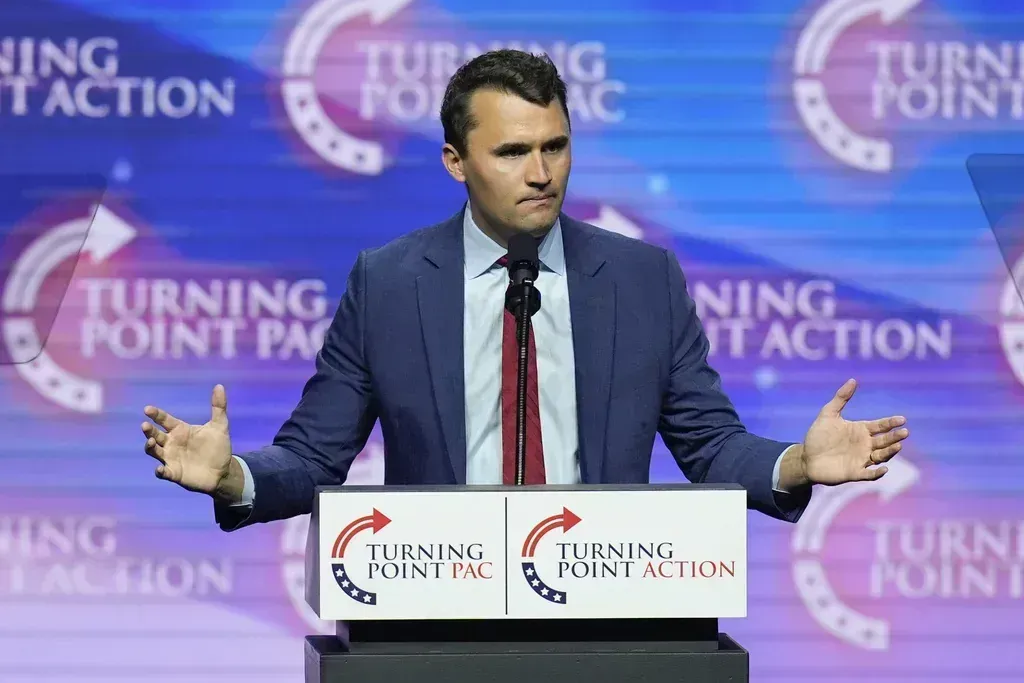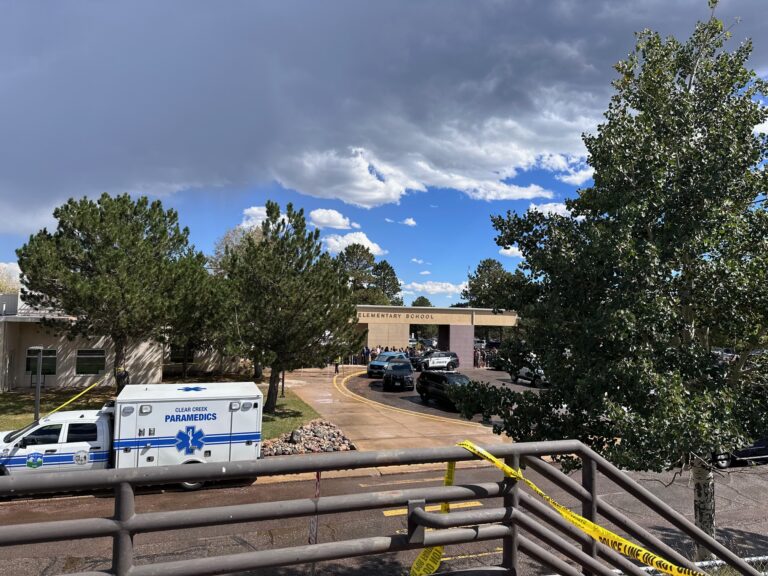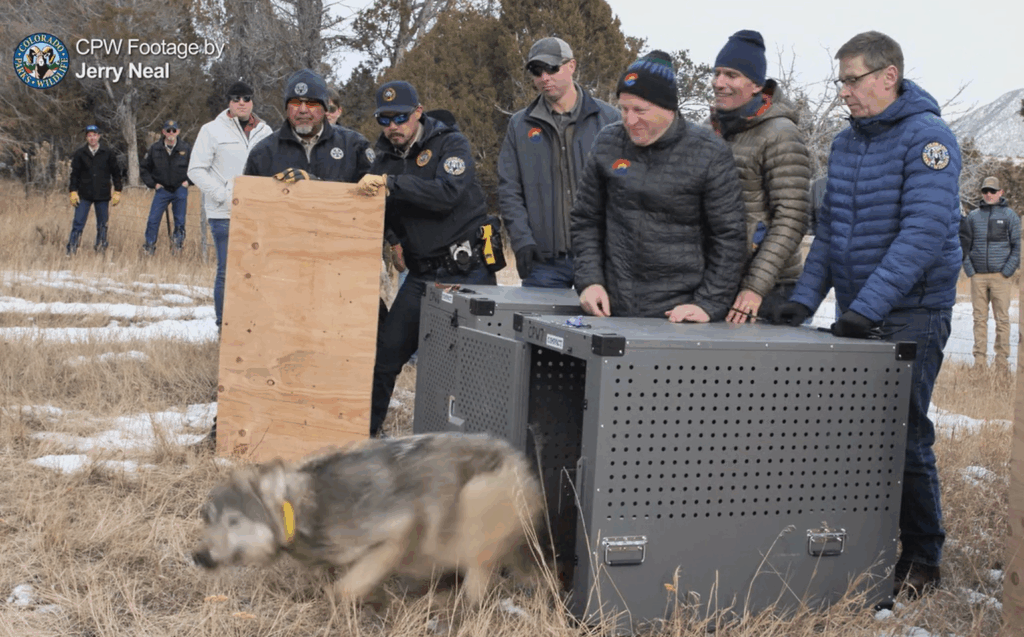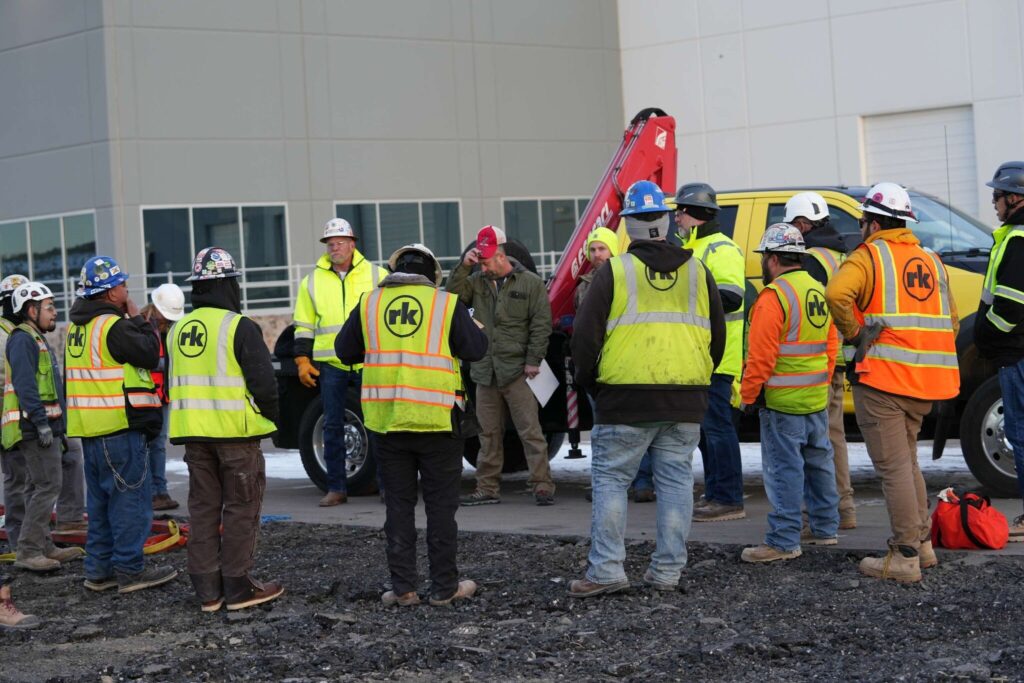Sanctuary city? Denver officials pledge to resist Trump’s mass deportation threat
Denver and other Colorado cities stand in the crosshairs of President-elect Donald Trump’s pledge to cut off federal funding to “sanctuary cities” for illegal immigrants.
Sanctuary cities refer to cities that make no more than mediocre efforts to block illegal immigrants from employment or to deport them.
Denver city and county officials have sought to accommodate immigrants, sometimes regardless of their legal status.
Mayor Michael Hancock called Denver “a city of opportunity for everyone.”
The question city officials might face within as little as weeks is whether they will defy the incoming president or comply with his immigration policy to ensure their federal funding.
Denver received about $175 million last year in federal funds. Most of it was used for transportation, affordable housing and public assistance.
“Denver does not have a formal policy of non-cooperation with the federal government on immigration enforcement and we have always complied with federal immigration laws,” Hancock told The Colorado Statesman. “What Denver will never support is unlawful detention in our jails.”
He urged a wait-and-see attitude before speaking out too fervently against Trump.
“First, we need to see if this is a commitment he plans to see through and to what extent,” Hancock said.
Political leaders from New York, Los Angeles, Chicago and elsewhere have said they will sue in federal court to block any efforts by Trump to force them to comply with his immigration policy that threatens their federal funding.
Colorado Gov. John Hickenlooper said he would resist mass deportations of immigrants.
“No more funding,” Trump said during a campaign speech in Arizona, where he renewed his threat to cut off funding to sanctuary cities within 100 days of taking office.
Recent Justice Department officials’ words and actions indicate Trump could tap powerful tools of the presidency in trying to fulfill his pledge.
In July, the Justice Department’s inspector general said cities appear to be violating the law when they fail to comply with federal immigration policy. The policies include a requirement of sharing information about illegal immigrants with Immigration and Customs Enforcement.
The Justice Department, a federal agency under the control of the president, provides grant money to cities for their law enforcement efforts. The president has discretion on whether to reduce the Justice Department grants to any city.
The Denver Police Department last month indicated it would be one of the cities where a tough anti-immigrant policy would run into opposition.
“Immigration enforcement is handled at the federal level, not by local law enforcement,” a Denver police statement said. “The Denver Police Department has not participated in those enforcement efforts in the past and will not be involved in the future.”
Aurora and Northglenn officials also issued statements saying their police will not enforce federal immigration rules.
Trump also could use lawsuits to force compliance with his policies, similar to the legal action he uses to keep his vast real estate empire under control.
The Justice Department and its army of lawyers would be his advocates for any lawsuits he files against sanctuary cities.
But sanctuary cities also have legal resources.
Among them is the 10th Amendment, which grants states and cities the right to control local issues, such as the health and safety of its residents.
Denver City Council member Robin Kniech (D-At-Large) pointed out that current laws do not support a policy that encourages mass deportations.
She said that “there is no official legal definition of a sanctuary city and Denver has issued no policies using this term.”
Denver already follows “legal precedent” with its treatment of immigrants accused of criminal wrongdoing, she said.
“I am dismayed by rhetoric threatening cities – with no legal basis -based on the immigration status of our residents,” Kniech said. “Federal funding is important to the city but my first and foremost obligation is to the residents of my city and my Charter obligations.”
In addition, the Supreme Court has ruled that any conditions the federal government places on grants to local communities must be reasonably related to the purpose of the funds.
Grants unrelated to immigration policy could not be withheld under the Supreme Court’s ruling.
The Trump administration might need to override local authority in about 500 cities and counties that have policies limiting their cooperation with federal immigration officials, according to the Washington-based Immigrant Legal Resource Center, an advocacy organization for immigrants.
An early test of his potential policies took place last week before the Supreme Court, where lawyers argued over whether immigrants detained for more than six months during deportation proceedings should be released until their cases are resolved.
A Trump administration policy forcing large-scale deportations is likely to face numerous similar disputes.
The four Supreme Court liberals appeared to support giving immigrants held more than six months a right to argue why they should be freed. The Court’s four conservative judges, including Chief Justice John Roberts, seemed more suspicious about their release rights.
“We are in an upended world if we think 14 months or 19 months is a reasonable time to detain a person,” Justice Sonia Sotomayor said during the hearing last week.
The case focused on Alejandro Rodriguez, a Mexican immigrant working as a dental assistant before he was detained for three years without a hearing. He faced deportation proceedings based on prior convictions for joyriding and drug possession.











